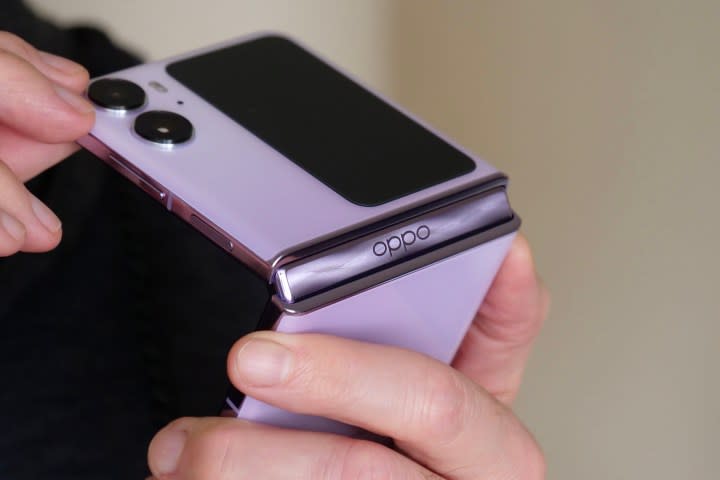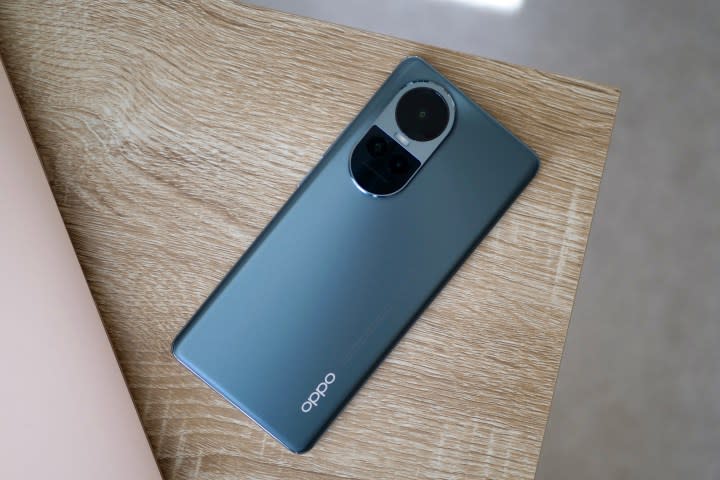Oppo pledges to bring AI to all its phones, even cheap ones
Oppo says it won’t reserve its generative AI tools just for its expensive phones, and aims to introduce AI features across its range, regardless of price.
According to Oppo, tools such as its AI Eraser will find their way to the top Find series phones, the Reno range, and even some F and A series devices. By the end of 2024, it wants 50 million Oppo device owners to have access to generative AI features.
It’s a serious commitment, considering the vast differences between Oppo devices. Oppo works with both Qualcomm and MediaTek on the processor side and uses Android with and without Google Services, making it a challenge to ensure generative AI features work consistently. While bringing the AI features to the more powerful Find and Reno series isn’t much of a surprise, few would have expected the same features to arrive on cheaper F and A series phones. But Oppo does concede that the differences in chipsets will affect which devices will be applicable, meaning not every F and A series phone will get any new features.
The announcement is part of a wider commitment to make AI smartphones — which it calls “the most important personal AI device” in a dig at hardware like the Rabbit R1 — accessible to everyone. It is working with Google to bring Gemini Nano features to the next Find X device and the Reno 12 family, as well as with MediaTek to enhance computational efficiency and storage. Oppo is also working with Microsoft to use AI for natural voice and text conversion, as well as to improve links between desktop machines and smartphones.
While it’s all very interesting, precise details on updates and exactly what tools will be delivered to phones are scarce. Oppo focused its attention on its AI Eraser generative AI tool, which operates like Google’s Magic Eraser, and gave the impression that this will be the lead AI tool coming to its smartphones. Outside of its statement that 50 million Oppo phone owners will have access to AI tools this year, no release dates for software updates have been given. It’s also unknown how language support and regional differences will affect which devices get the AI tools and whether it will charge a subscription for certain AI services in the future.
Oppo’s announcement comes soon after Google released the reasonably priced Google Pixel 8a and promised that some Gemini Nano AI features would come to it in the near future. It also follows the confusion around Nano AI features on the Google Pixel 8. Samsung does not include its Galaxy AI features on the mi-range Galaxy A55 and Galaxy A35, restricting them to the powerful Galaxy S24 series. If Oppo can pull off its commitment to bring AI to everyone, it’ll certainly help differentiate it in the modern world of Android phones.



